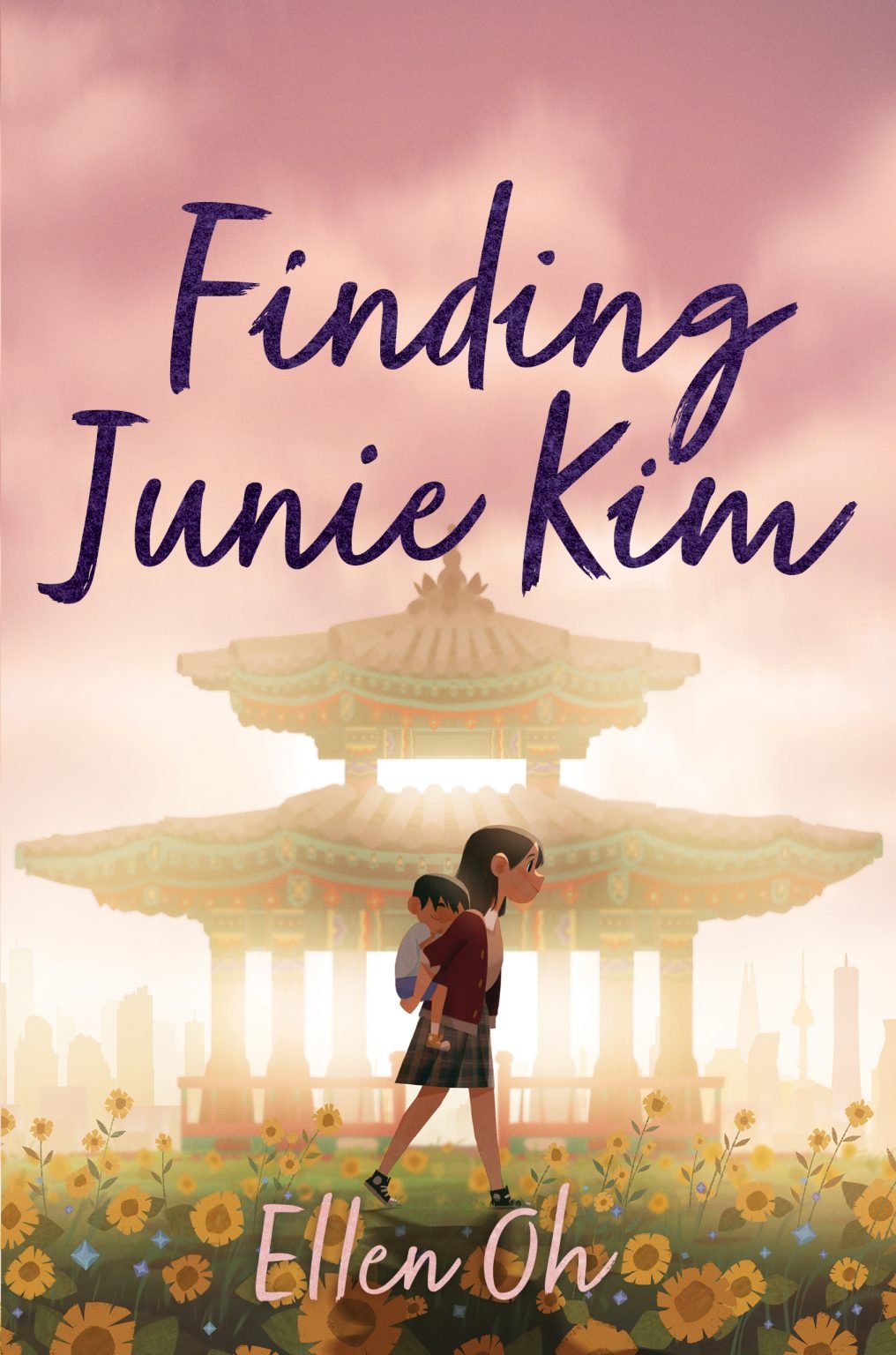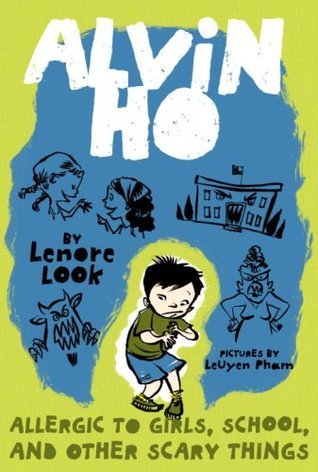May is Mental Health Awareness Month
May is Mental Health Awareness Month. I almost didn’t start writing this post because I don’t know what to say or recommend. While these ideas from a previous post still stand, none of them can combat the serious issues teachers and students (and families) especially are facing after over two years of intense challenges and tragedy. So many families are struggling with grief, teacher stress and burnout is rampant, and new guidelines recommend that all children 8 and older should be screened for anxiety due to pandemic effects.
None of my suggestions or ideas can “fix” this situation. So many factors are outside of our control, but what you can try to do is take care of yourself as much as possible. If that means taking a break from teaching or looking at a new school or new role, so be it. During the worst part of the pandemic for me, I found taking short walks outside could help me get through the day, but a lot of the issues affecting schools and teachers are structural and cannot be improved by taking walks, deep breaths, journaling, or something similar. As teachers, we are wired to frequently feel guilty about not doing enough for our students, but you cannot care for your students if you are not in a good situation. This probably means many teachers will leave this year. I personally have been thinking a lot about teaching private school versus public school and how the pandemic intensified the inequities in such a stark way.
What we can do with students is talk about mental health and give them the space and vocabulary to share their feelings. As an adult, I feel stigma related to mental health challenges and the pressure to be positive even in very challenging situations. We can try to help our students avoid this same fate in the future by emphasizing that mental health is part of our overall health, asking for help is brave and vital, and giving students processes and words to try to express themselves. In the past, we had a lot of success with creating writing process maps with students and found that students who had self described anxiety or frustration around writing benefited. I also try to remind my students of resources for when we are feeling down or want to talk to someone. I know many schools don’t have resources for students other than teachers or family members, but if you are lucky enough to work at a school with a counselor or social worker, try to normalize asking them for help in a variety of situations.
I’ve witnessed really productive discussions by students about mental health and specifically how therapy helps them, mainly as a result of reading books with characters who see a therapist. Two that have really worked for my students are the Alvin Ho series by Lenore Look and Guts by Raina Telgemeier (all books listed are pictured above). Another one that I think would resonate with many students right now is Finding Junie Kim by Ellen Oh. I only recently read it and haven’t had the opportunity to share it with students yet. I could go on as there are so many books that might help students find words or parallels to share their feelings, but as every situation is different, so is each book. You can find more books that helped us in this regard in this previous post (also shared above). I’ve heard arguments that books about mental health difficulties are too “heavy” for children, but in my experience I’ve found students are more than capable of figuring out what books work for them and respond really well to books that they can genuinely relate to and might not always have a happy or neatly tied up ending.
For me, as much as teaching is challenging and at times during the past two years felt almost impossible (for example, teaching in person and on Zoom simultaneously before we had access to vaccinations), I did ultimately feel uplifted by the children. They can be so kind and so funny and sometimes that is enough to get you through the day. The back and forth nature of the year and responding to COVID scares meant that we were so excited to see each other when we could, and when we couldn’t, they were excited to see my baby over Zoom or show me their snacks, pets, toys, or other glimpses into their lives.
Whatever your plans are for next year, you are so close to summer! Hang in there and I hope you can have some funny and joyful moments with your students in the next few weeks.


